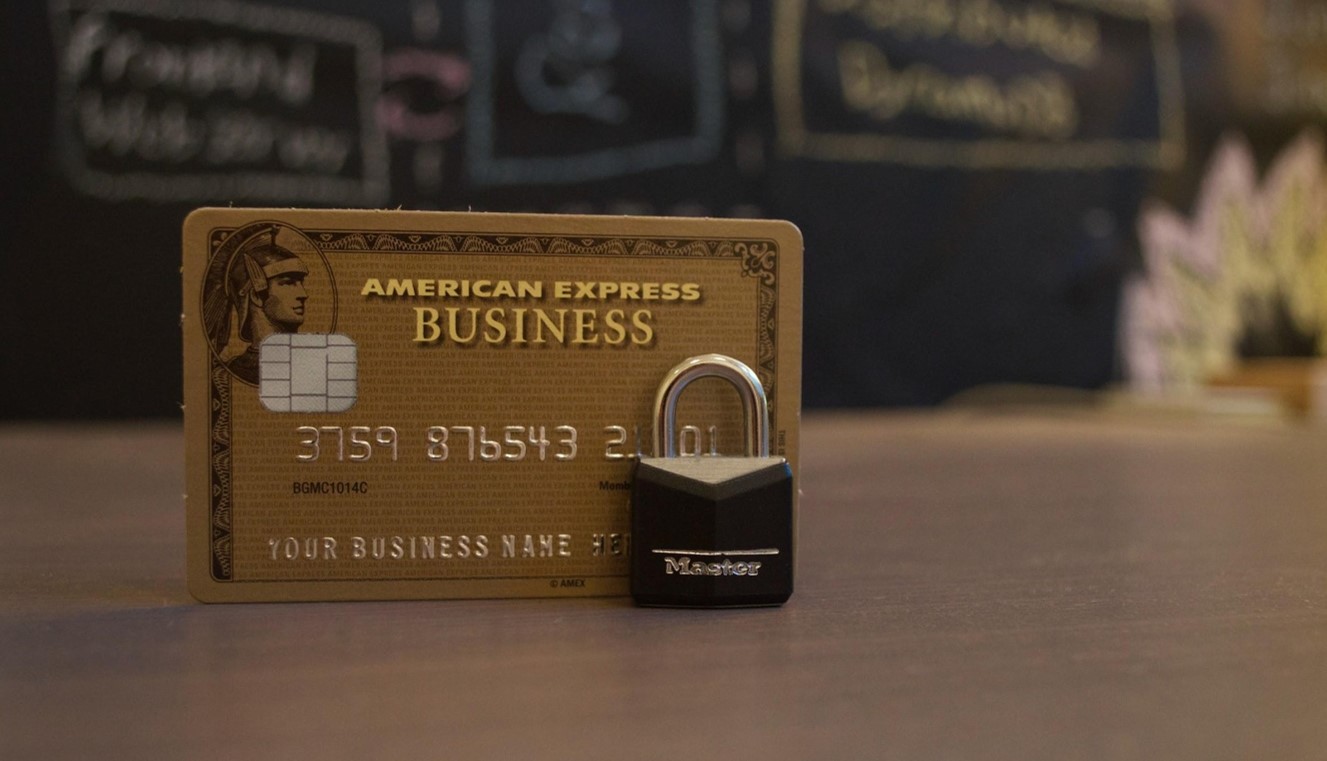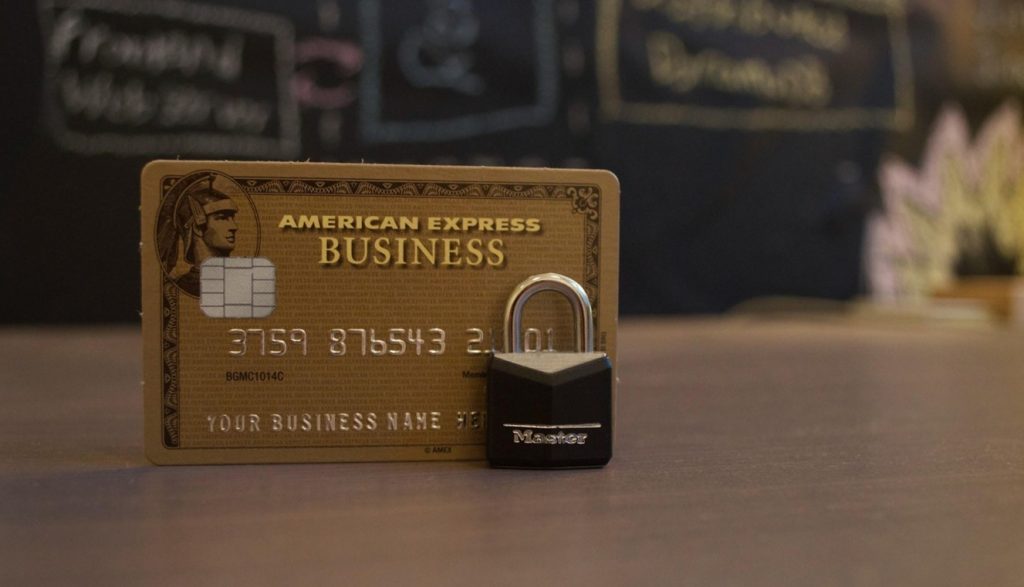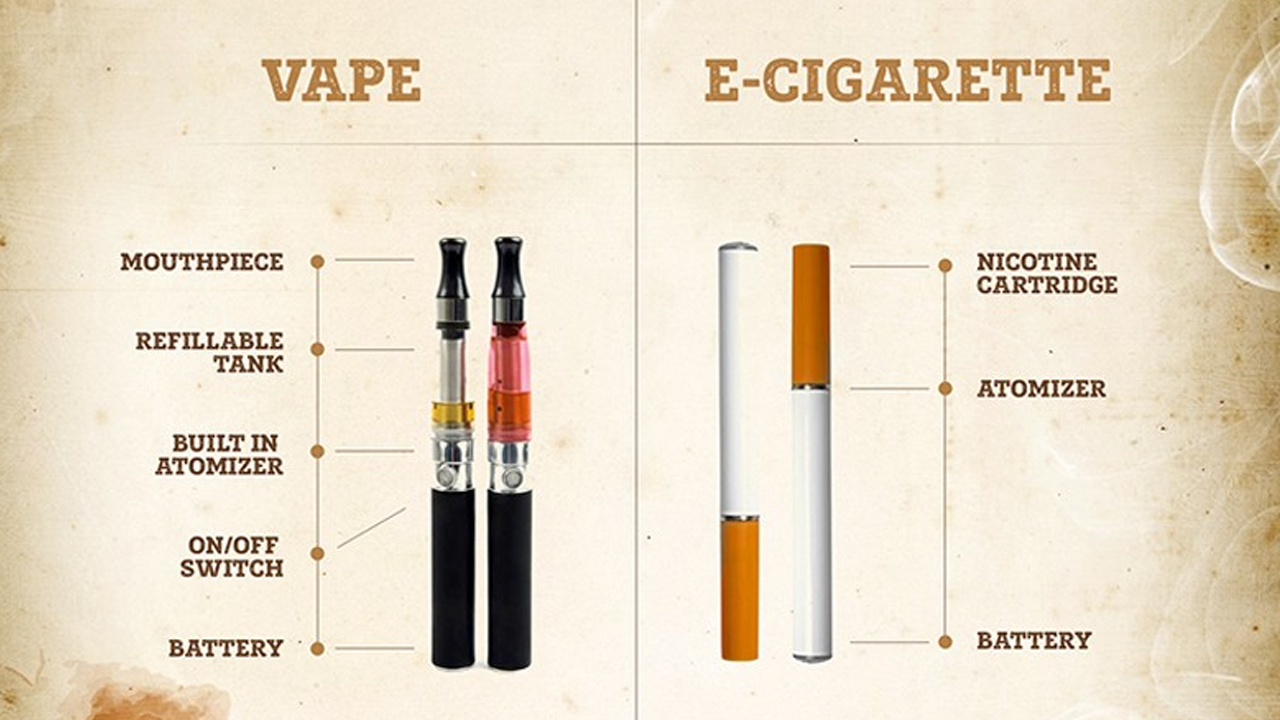Jeopardizing our private information is one of the last things we care to do. Often, our poor social networking habits are the cause of the threat to our security. Practicing complacent behavior online can lead to a pitfall of numerous things, such as a breach in our data, falsely used identity, and subject to being the victim of a scam.
Social networking has become an integral part of our everyday lives. We rely on it for countless activities we use day-to-day. It has become our main tool for communicating with friends and family all over the globe. Yet, our daily exposure to social networking sites can make us vulnerable in losing data privacy and protection.
Let’s explore some of the ways our social networking habits may be mistakes we’re not aware of.
Going to unsecured websites
Whether the reason for accessing and opening different websites is for research or pleasure –not every source out there is a secure one. Visiting unsecured web pages can do more harm than good to our devices. Unprotected sites are home to many viruses and malware that may enter our computer and compromise our data.
Creating simple passwords and using the same one across multiple websites
While it seems more efficient to have one password to remember, having separate passphrases for every account helps to thwart cybercriminals. The likelihood of having multiple social networking accounts hacked is higher than if each one had varying passwords. To save yourself from this threat, make your passwords complex enough by having a mix of uppercase, lowercase letters, and special characters for additional protection.
Saving sensitive information in the cloud
It is always a wise decision to save multiple copies of important files at hand. However, keeping it on the cloud may be riskier due to the online factor. Breaches to various documents online are more common than breaches to documents saved offline. Ensure no sensitive details are shown on any files before storing it on the cloud. A good practice to have is saving copies in your own hard drive or flash drive.
Sharing personal information publicly
Yet another common mistake you can commit is posting personal information without verifying your privacy settings. Tagging certain locations or sharing private details with a public profile could alert con artists about your whereabouts. Ensure settings for your posts are viewable only within your network of close family and friends. The best practice is to use your diligence of who you interact with on social media because you never know who has access to your data.
Leaving location services on
Using certain apps like Google Maps or Waze requires your location services to be turned on –leaving it on while using other applications and websites compromises your safety. Third parties may gain access to your location if it is constantly left on. The result of turning your location services off far outweigh the benefits of having it on.
Not using 2-Factor Authentication (2FA)
When logging in to your bank accounts or making purchases online, using a two-factor authentication is the gold standard for online security. After signing on to your bank’s website or checking out of an online shopping network, utilizing the 2-step factor authentication can be advantageous in more ways than none. Receiving a code in your SMS when your card is used can ensure minimal fraud to push through.
Failing to monitor saved credit card numbers
On websites or apps. Internet browsers offer to save information for future transactions, so you don’t have to input details manually. Losing sight of where you’ve saved any sensitive information can make it more difficult to track and report the source of unauthorized transactions to your credit card company.
Online Safety For Seniors
In today’s world, online safety should be a priority. This is particularly true for senior or older people who are not very well-versed with the internet. Most users have their personal information, photos, and financial details online. This increases the chance of your device getting hacked every day. Thankfully, there is software that is designed to keep you protected on the internet. These software are not just crucial for seniors but for everyone else using the internet. Seniors are more vulnerable to online threats than others. Hackers make use of a range
of tools to steal money and data, spread malware, and destroy devices. Some of the common threats are malware, data breaches, scams, and viruses.
software includes additional features like password managers, firewalls, VPNs, Wi-Fi, scanners, and data breach monitors.
Seniors need to be more careful when browsing the internet. They should avoid sharing personal information with strangers and avoid visiting suspicious websites. They should also use strong passwords to keep their information protected.
Introducing extra precautionary habits to our online networking habits can reduce the odds for hackers to steal our private information. Through awareness, we can prompt a change in beating bad social networking habits and creating good ones. Continuing the practice of safe social networking prevents hackers from divulging our personal information and jeo.









